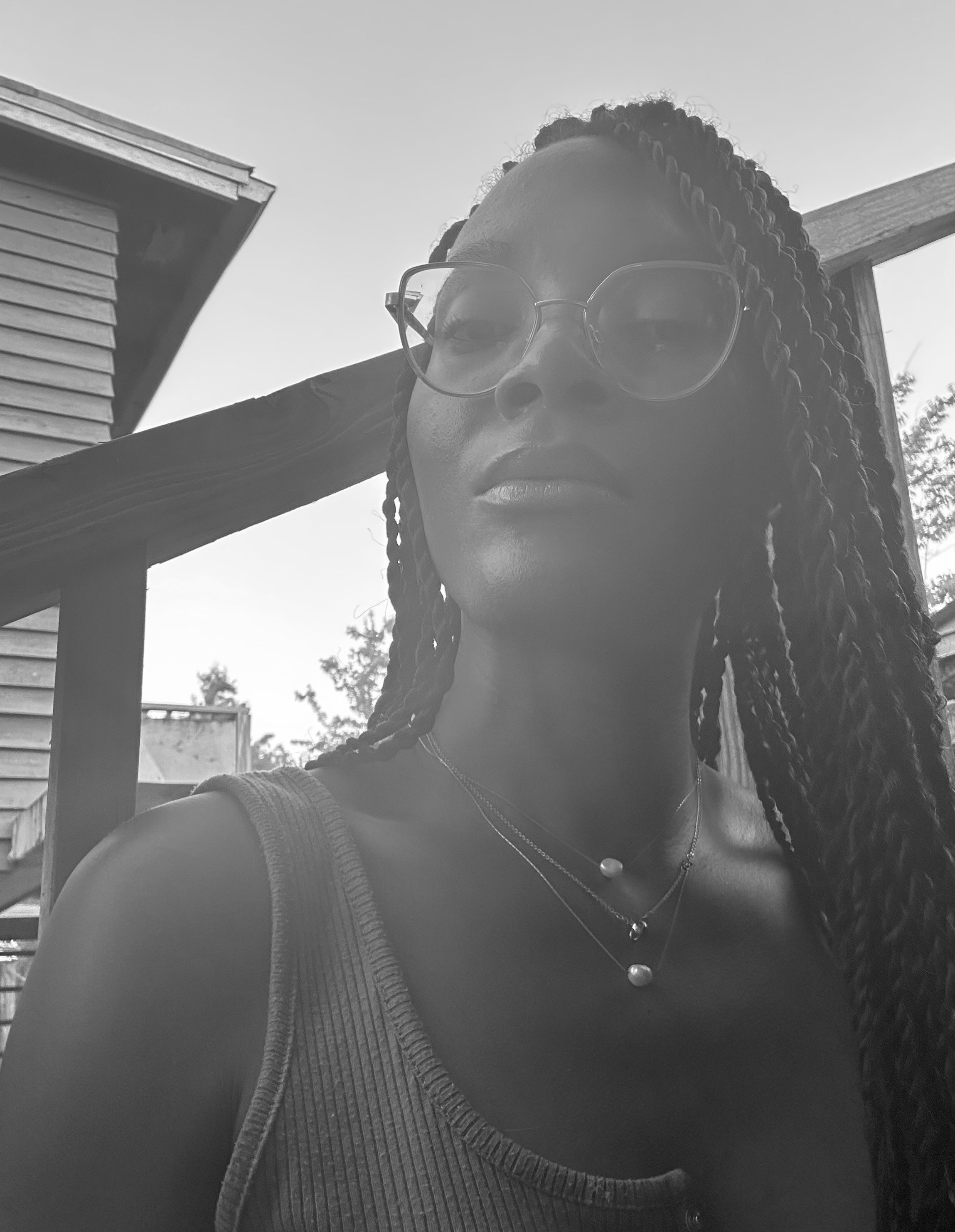2019
I could string him back up the tree, if you’d like.
Return his skin’s meaning to an easy distance, coal dust, blaze
And Willie Brown him. You
Love how the blood muddies the original,
The way it makes a stage of my speechifying, this leeching
Capital from his dying,
Like an activist. I know
I’m not supposed to sing
Of his ringing
Penetrability, some hole I open impose
On the form—but all I see is bullets, bullets discerning him,
As years ago it was rope.
I could pull it tighter, finger each bullet deeper,
If you’d like, an inch rougher,
Far enough to where becomes that second heat, erotic.
I could use the erotic,
If you’d like,
So ungarish, baring not too frank
A mood, subtle so you need it.— Funny
How some dark will move illicit if you close your eyes,
The way, say, my black
Pleasure is named too explicit for a page, but this menace
I put in it is not.
I could yank and knot
The rope, if you’d like, him like a strange fragment
In them trees,
And the word “again” spelled out about his neck
Would be the rope’s predicate till let wild, patterned and
Fierce his moan.
It is a tragedy. No. It is a sonnet, how I know
Already how he ends,
But I could make him
Her, if you’d like, regender them till merely
Canvas for your “empathy,”
Soup for my mouth. Still, if I could but just get
This blunt,
Burnt lynched body up
From on
Out the pocket behind my eye
All trees could be themselves again, all sound.
Copyright © 2018 by Rickey Laurentiis. Originally published in Poem-a-Day on February 21, 2018, by the Academy of American Poets.

